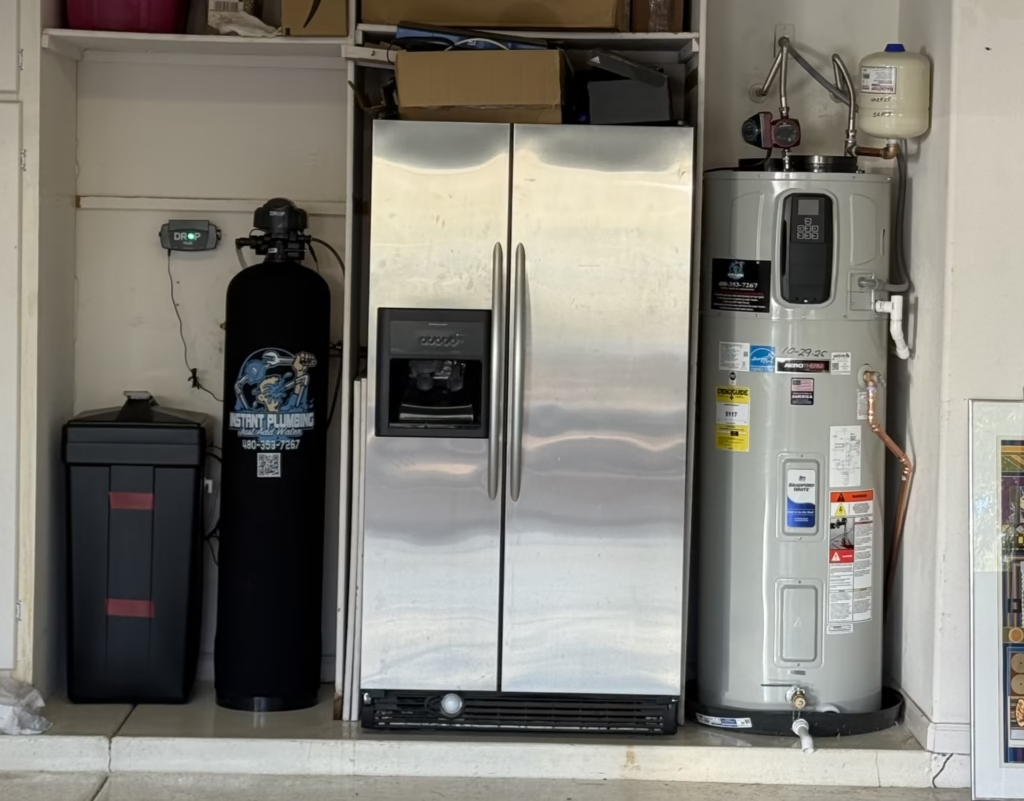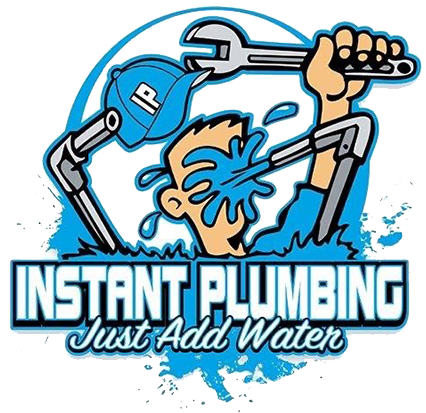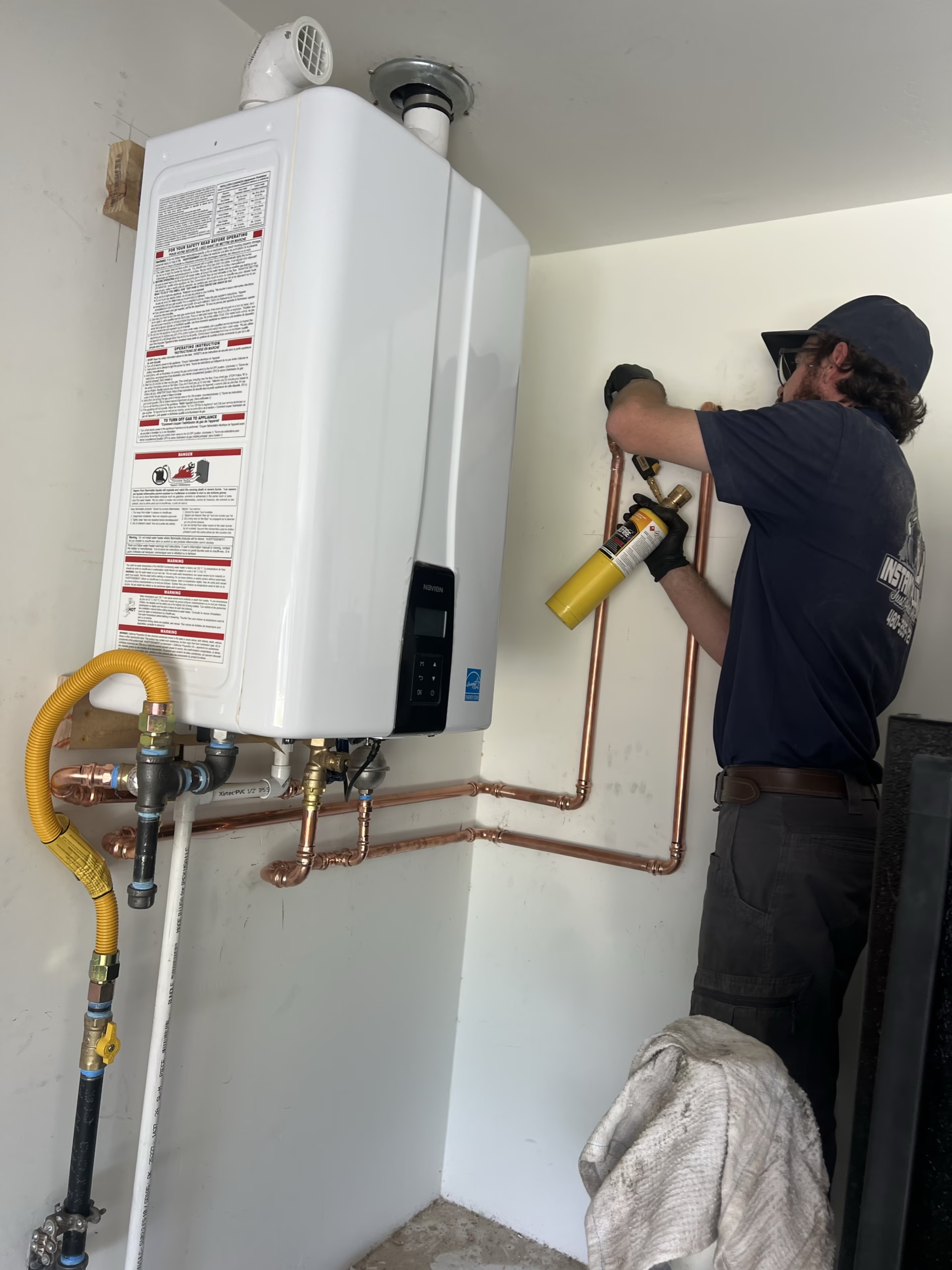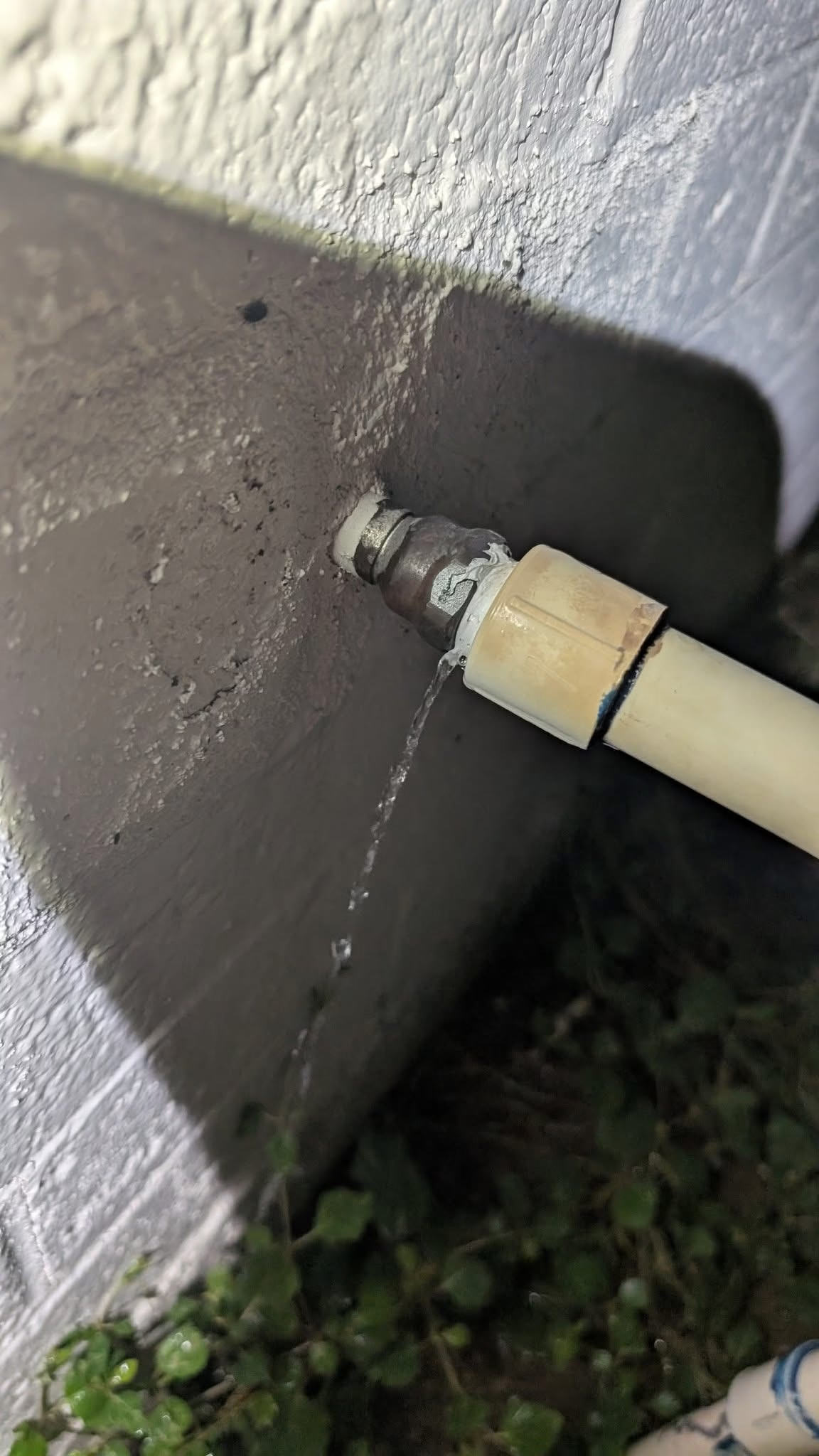What’s the Right Water Heater for Scottsdale Living?
For Scottsdale homeowners, choosing a new water heater isn’t just about hot water; it’s about making a smart investment for your home’s comfort and efficiency, especially with our unique desert environment. We face high summer demands, the pervasive challenge of hard water, and often, limited space in our homes. With so many options available, the big question often arises: “Should Scottsdale homeowners go tankless or hybrid?”
At Instant Plumbing, we’ve spent over two decades helping residents across Scottsdale, Paradise Valley, and the greater Phoenix area make informed decisions about their home’s plumbing. We understand that your choice impacts everything from your utility bills to your daily routines. We will break down the differences between two of the most popular energy-efficient options – tankless and hybrid water heaters – to help you determine which one is the perfect fit for your Scottsdale lifestyle.

Quick Answer:
If you want instant hot water on demand and superior space savings, a tankless water heater is an excellent choice. For maximum long-term energy efficiency and robust capacity ideal for larger households, a hybrid (heat pump) water heater may be your best bet, especially if your utility costs are high and you have adequate space and ventilation.
What Is a Tankless Water Heater—and How Does It Work?
A tankless water heater, often called an “on-demand” water heater, fundamentally changes how your home receives hot water. Instead of storing and continuously heating water in a large tank, it only fires up when you open a hot water tap.
When a faucet is turned on, cold water flows into the tankless unit. Inside, a powerful gas burner or electric heating element instantly heats the water as it passes through a heat exchanger. This process delivers a continuous supply of hot water directly to your fixtures. Typical flow rates range from 2 to 5 gallons per minute (GPM), meaning it can provide hot water for a couple of simultaneous uses (like a shower and a sink).
Tankless systems are excellent for small to mid-sized Scottsdale homes, or for families who prioritize endless hot water and compact design.
What Is a Hybrid Water Heater (Heat Pump Water Heater)?
A hybrid water heater, more accurately known as a heat pump water heater (HPWH), represents a significant leap in water heating technology. Unlike traditional electric water heaters that use resistance coils to generate heat, a hybrid unit works more like a refrigerator in reverse.
It extracts heat from the surrounding air and transfers it to the water in its storage tank. This heat pump technology makes them incredibly energy-efficient, often 2-3 times more efficient than conventional electric models. They still include traditional electric resistance heating elements as a backup for peak demand, giving them their “hybrid” name.
Hybrid water heaters are an excellent choice for homes with adequate ventilation and a consistently warm ambient temperature, making them a strong contender for many Scottsdale garages or utility rooms. Their environmental benefits come from significantly lower energy consumption, reducing your carbon footprint.
Tankless vs. Hybrid—What’s the Difference?
To help you decide, let’s compare these two modern water heating powerhouses across key categories:
Power Source
- Tankless: These units are available in both natural gas (or propane) and electric versions. Gas tankless heaters generally offer higher flow rates, while electric tankless heaters are often easier to install if gas lines aren’t readily available or need upgrading.
- Hybrid: Hybrid water heaters are electric-powered, but their primary heating method comes from ambient heat extraction, making them incredibly efficient with electricity.
Installation Costs
- Tankless: The upfront installation cost for a tankless unit can vary. Electric models might have a lower initial installation cost if your electrical panel can support the demand, while gas models may require upgrades to gas lines and venting, increasing the initial outlay.
- Hybrid: Hybrid water heaters typically have a higher upfront purchase and installation cost than conventional tank water heaters. However, their high efficiency often makes them eligible for significant utility rebates or tax incentives in Arizona, which can offset a portion of the initial investment.
Operating Costs
- Tankless: While very efficient on demand, electric tankless water heaters can have higher operating costs than gas tankless due to the cost of electricity and the amount of power needed to heat water instantly. Gas tankless units are often more economical to run in areas with affordable natural gas.
- Hybrid: Hybrid water heaters boast the lowest ongoing operating costs among all electric water heaters. By simply moving heat instead of generating it, they drastically reduce electricity consumption, resulting in substantial long-term savings on your utility bills.
Capacity and Performance
- Tankless: Ideal for continuous flow, tankless units excel at providing endless hot water. However, their instantaneous flow rate (GPM) means they can sometimes be limited for multiple simultaneous uses (e.g., two showers and a dishwasher running at the exact same time) unless adequately sized or multiple units are installed.
- Hybrid: With a built-in storage tank (typically 50-80 gallons), hybrid units offer a higher stored capacity. This makes them excellent for large families or homes with frequent, back-to-back hot water demands, as they can quickly recover and reheat water.
Space and Climate Suitability
- Tankless: These units are incredibly compact and wall-mounted, making them a fantastic choice for Scottsdale homes where space is at a premium. They don’t take up any floor space. They are less affected by ambient air temperature.
- Hybrid: Hybrid water heaters require floor space similar to a traditional tank. Crucially, they also need sufficient ambient air volume (typically 1,000 cubic feet) and a consistently warm environment to operate efficiently. This means they are less ideal for unheated or poorly ventilated garages in winter, though Scottsdale’s climate is generally favorable.
How Does Hard Water Affect Water Heaters in Scottsdale?
Scottsdale’s water, like much of Arizona, is known for its hardness. This means it contains a high concentration of dissolved minerals like calcium and magnesium. These minerals are the nemesis of water heating systems, regardless of type.
- Scale Buildup: In both tankless and hybrid systems, hard water minerals can precipitate out when heated, forming scale deposits on heating elements or heat exchangers. This buildup reduces efficiency, increases energy consumption, and can significantly shorten the lifespan of the unit.
- Reduced Efficiency: As scale accumulates, the system has to work harder to transfer heat to the water, leading to higher utility bills.
- Potential Damage: Severe scale can damage internal components, leading to costly repairs.
This is why, for homeowners in Scottsdale, integrating a water softening solution with any new water heater installation is highly recommended. Options include:
- Salt-based softeners: The most common and effective, removing minerals entirely.
- Salt-free systems: Conditioners that make scale buildup easier to wipe away, without removing minerals.
- Portable solutions: For specific point-of-use needs.
Tankless water heaters, in particular, benefit from water softening, as their intricate heat exchangers are more susceptible to scale-related efficiency loss and damage than the larger surfaces in a hybrid tank.
Tankless Water Heater or Hybrid Water Heater for Your Scottsdale Home?
The “better” choice truly depends on your specific needs, budget and home characteristics. Here’s a quick guide to help you decide:
Choose Tankless if you…
- Want unlimited, continuous hot water on demand.
- Have limited space for a large tank and prefer a compact, wall-mounted unit.
- Value a sleek, modern design.
- Have an available natural gas line (for typically lower operating costs).
- Are prepared for diligent annual descaling maintenance.
Choose Hybrid if you…
- Want the maximum energy savings and lowest ongoing operating costs (especially if you have an electric water heater currently).
- Have a larger household with high, simultaneous hot water demands.
- Have dedicated floor space for a unit and a well-ventilated, consistently warm area for installation.
- Are seeking potential rebates to offset initial costs.
Talk to Instant Plumbing—Scottsdale’s Water Heater Experts
Making the right choice for your home’s water heating system is a significant decision. At Instant Plumbing, we have extensive experience installing both tankless and hybrid water heaters across Scottsdale. Our licensed and insured technicians are experts in understanding the nuances of these systems and how they perform in our unique desert environment.
We’re familiar with Scottsdale’s water quality, local utility costs, and the common space constraints homeowners face. We’ll take the time to assess your specific needs, discuss your budget, and provide an honest, transparent recommendation. Our goal is to ensure you get a reliable, efficient and long-lasting hot water solution.
Contact Instant Plumbing today for a free consultation or quote, and let’s find the perfect water heater for your Scottsdale home.
Frequently Asked Questions – Tankless Water Heater vs. Hybrid Water Heater
Q: What lasts longer, tankless or hybrid?
A: With proper maintenance, tankless units typically have a longer lifespan, often lasting 20+ years. Hybrid (heat pump) water heaters generally last 10–15 years, similar to conventional tank water heaters, though their advanced components can sometimes last longer.
Q: Can I install these in the garage in Scottsdale?
A: Tankless water heaters are commonly installed in garages as they are compact and wall-mounted. Hybrid water heaters can also be installed in a garage, but it needs to be well-ventilated and remain relatively warm (above 40-50°F) for the heat pump to operate efficiently. Unheated Scottsdale garages in cooler months might reduce a hybrid’s efficiency.
Q: Are there rebates in Arizona for these types of water heaters?
A: Yes, many hybrid (heat pump) water heaters qualify for energy-efficiency rebates from utility providers like SRP or APS in Arizona, as well as potential federal tax credits. Tankless gas water heaters may also qualify for some incentives. We recommend checking with your specific utility provider and tax preparer for current active programs.
Q: Which is better for hard water in Scottsdale?
A: Both tankless and hybrid water heaters in Scottsdale will benefit greatly from being paired with a water softener for longevity and efficiency. Hard water can cause scale buildup in all water heating systems. Tankless units, with their intricate heat exchangers, are particularly susceptible to efficiency loss from scale, making descaling maintenance or a water softener crucial.
Q: Will a hybrid water heater make my garage cold?
A: A hybrid water heater extracts heat from the air, so it will slightly cool the immediate area around it as a byproduct of its operation. This can be a benefit in a hot Scottsdale garage during the summer, but it could make the area cooler in winter.
Ready for Efficient Hot Water in Scottsdale?
Choosing the right water heater is a big decision for your Scottsdale home. Both tankless and hybrid systems offer significant advantages over traditional models, delivering impressive energy efficiency and improved performance. Whether you prioritize endless hot water on demand or maximum long-term energy savings, there’s a modern solution that’s perfect for you.
Contact Instant Plumbing today about upgrading your water heater. Our Scottsdale water heater experts are ready to help you navigate your options and provide a professional installation built for Scottsdale living.





